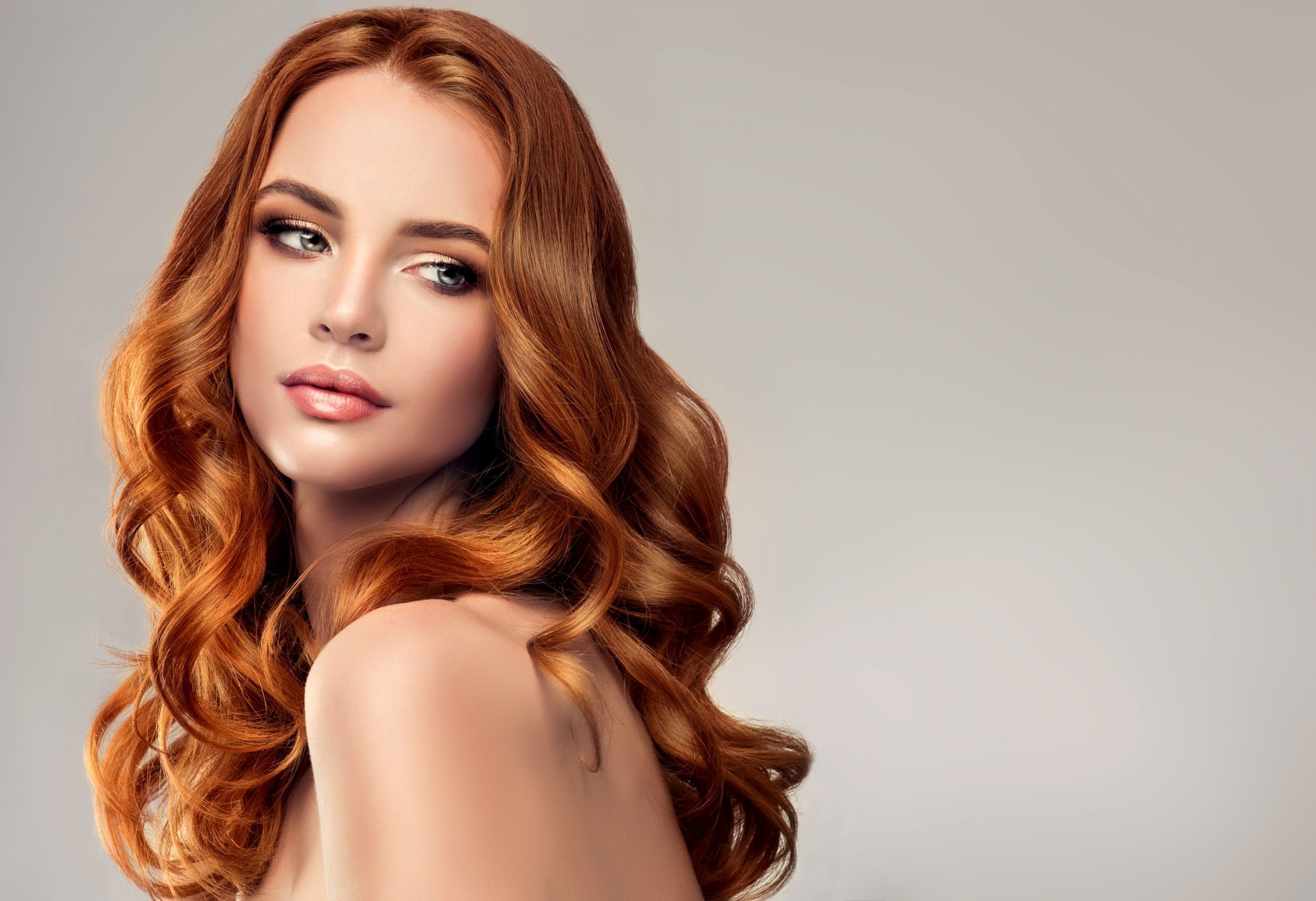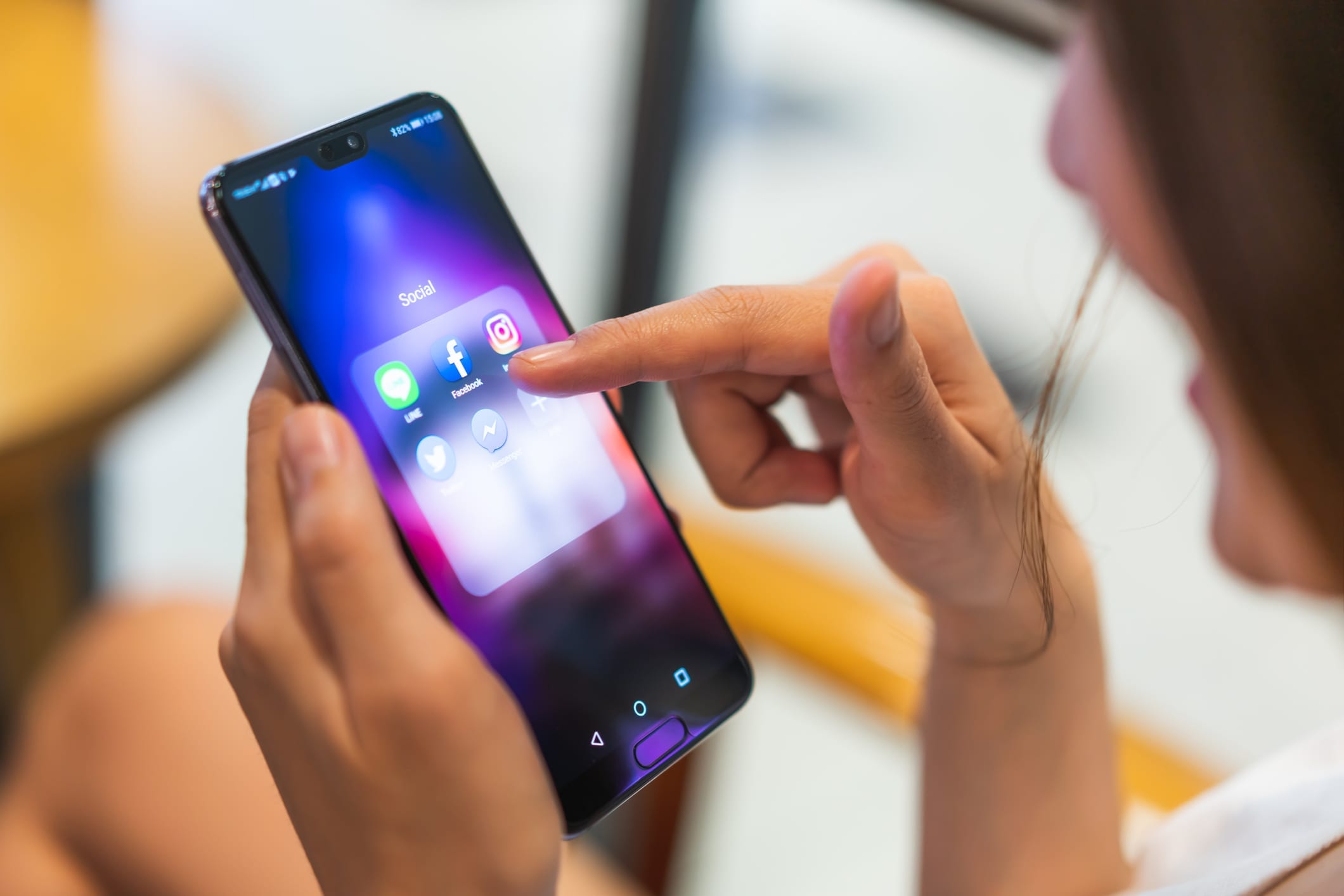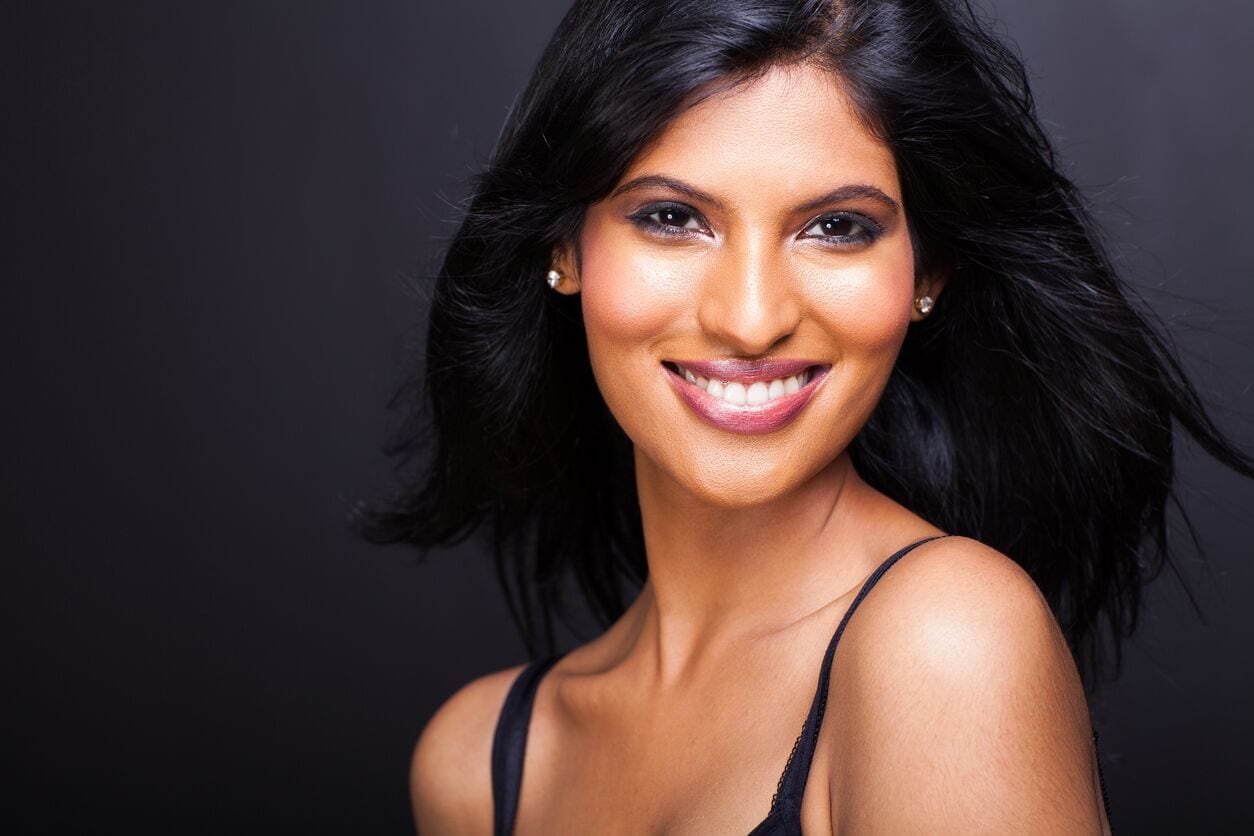Our Clinic in Guernsey
Albert House
South Esplanade
St. Peter Port
Guernsey
GY1 1AW
Tel: 01481 736699
Fax: 01481 736688
View on Map
If you require further information about any of our treatments, our medical team, or availability of appointments, please do not hesitate to contact us by telephone, email or simply by filling out the contact form.
Albert House
South Esplanade
St. Peter Port
Guernsey
GY1 1AW
Tel: 01481 736699
Fax: 01481 736688
View on Map
Operating across the Channel Islands and in the UK, the Aesthetic Skin Clinic (ASC) is a trusted, leading name within the medical aesthetic industry. Our cosmetic clinics are located in Jersey and Guernsey, as well as Belfast, Northern Ireland.
Albert House
South Esplanade
St. Peter Port
Guernsey
GY1 1AW
Tel: 01481 736699
Fax: 01481 736688
View on Map
Find out more
The way beauty is perceived has undergone many changes throughout the last few decades, with the classic definition of beauty changing immensely over the last few years. At our Belfast cosmetic clinic, Guernsey cosmetic clinic and Jersey cosmetic clinic, we know that beauty criteria are ever-changing, so it’s challenging to pinpoint exactly what that concept means now in 2020.

Nevertheless, we’re giving it our best shot! So, in this article, we’re taking a look at the ‘modern woman’ and how she’s changed in just a few years.
We’ll start by taking a look at what beauty even means.
The start of a new decade continues to bring a change in the meaning of femininity and beauty, and we’re still seeing a trend in showcasing more women of colour, women without hair, sporty women, women with vitiligo, disabled women, and so much more. While the concept “beauty is in the eye of the beholder” is not new, it certainly embodies the idea that everyone is welcome, and everyone is beautiful.
Because beauty is cultural, what is considered attractive to one culture may not be to another. For years, the true beauty ideal was seen as a willowy build with a narrow waist, larger chest, defined jawline, high cheekbones, big eyes, long hair, symmetrical features and, of course, youthfulness.
Diverging from these meant a woman was not deemed attractive. However, these ideals keep shifting because beauty is also personal, which means that, nowadays, a woman doesn’t have to tick these features off a checklist to be considered beautiful.
A great example is Sudanese model Alek Wek. Her first appearance was on the 1997 cover of the US edition of Elle magazine, and she looked completely different than the models of the time. Her presence was a revelation – after all, even though unconventional models like Kate Moss stirred the fashion and beauty industries, as did women with gaps in their teeth or women shorter than the typical runway models, they still fit within the standards of European beauty.
But not Wek. She created a new concept of beauty with her dark, smooth skin and strong features. What better proof that beauty ideals are always changing than the fact that many people didn’t even consider Wek beautiful at first?
Social media is helping to redefine beauty as we know it as well. For a long time, a standardised idea of beauty was used, from magazines to beauty contests – but social media contributed to the removal of gatekeepers who stuck to the same ideals for years and decades. People have demanded and complained until things changed and have used their voices on social media to allow the restricted view on beauty to open up.

The evolution of beauty, therefore, owes a lot to social media, especially when you consider that people were able to redefine the ‘modern woman’ by taking control of their image, be it with filters or aesthetic trends.
With social media platforms like Instagram, the focus shifted to authenticity. More and more people are changing their purchasing habits from shopping at a brick-and-mortar store to buying online, which means that traditional beauty brands, for example, can’t keep up with the digitally driven and socially-knowledgeable younger brands.
So, brands that focus on being authentic and who preach values like ‘stay true to yourself’ are connecting more and more with an audience eager to ditch traditional beauty standards.
Of course, social media has also had an impact on women’s self-image as well. Snapchat dysmorphia is serious and damaging, and Instagram has resorted to banning cosmetic filters from the app, as they believe the filters harm the wellbeing of young men and women.
Social media doesn’t have to be perceived as a bad thing, however. Celebrity culture is a major aesthetic trend influencer that is showing a focus on more natural aesthetics, which has helped young people understand that they don’t have to seek an ‘artificial’ appearance or radically change how they look and who they are to be beautiful. For instance, people are choosing smaller quantities of dermal fillers instead of going for the dramatic look that dominated the beauty industry just a few years back.
The advent of social media, as well as the inclusion of more diverse women in the industry and the media, contributed hugely to what we now call the ‘modern woman’.
The renewed focus on mental health that you can find within the media is another reason why the idea of the modern woman has been redefined. No longer did women have to stay quiet if they struggled with mental health issues, such as depression, anxiety or lack of self-esteem.
For centuries, women were highly valued for their outer beauty instead of their personality or talent, so they’ve been caretakers and homemakers – and had to be able to fulfil these roles well. Over the years, women began to be appreciated for more than just their external appearance. Therefore, women have been developing their self-belief in our modern times. This self-worth in their abilities and skills means that women don’t feel as pressured to conform as they used to and don’t put physical beauty above everything else.
Yes, it’s good that we feel great about ourselves, and that includes our appearance; however, the modern woman doesn’t have to compromise. She can focus on her idea of beauty instead of feeling like she has to conform to society’s and the media’s aesthetic ‘perfection’, and she doesn’t have to stop believing in herself to accomplish it either.

The Aesthetic Skin Clinic believes that the ‘modern woman’ can have it all – if you want to feel better about yourself, which includes taking charge of your mental wellbeing or enhancing your features as you see fit (and always staying true to who you are), then we can help you. We offer a range of treatments from skin tightening in Belfast, Northern Ireland and Guernsey to non-surgical facelift in Belfast and our other locations.
Our friendly and professional team will be more than happy to answer any questions you may have about our procedures, so get in touch today.




